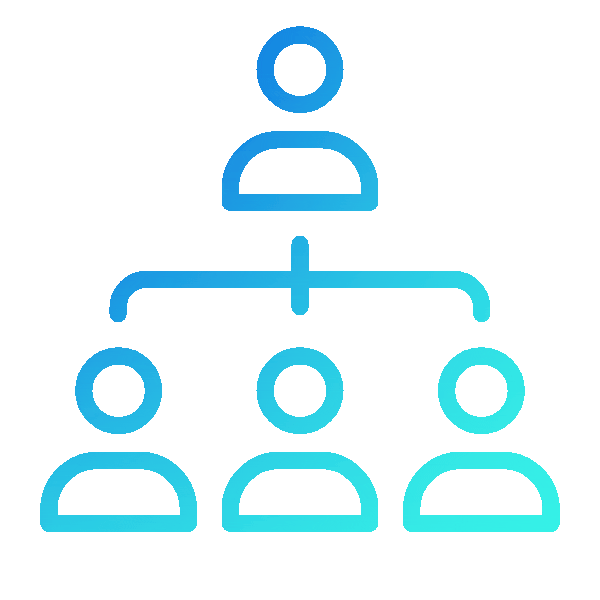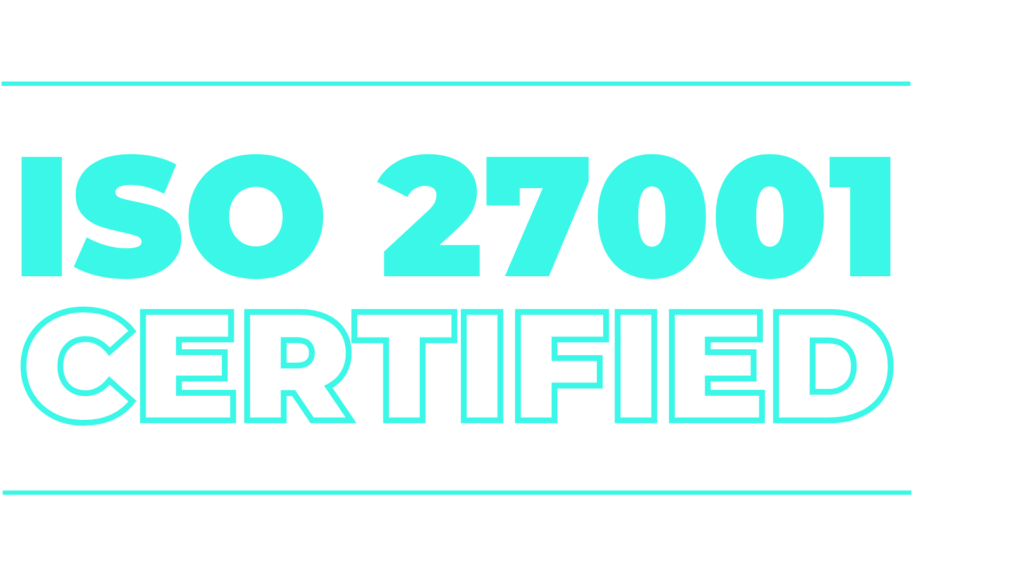Marion Verles, CEO at SustainCERT, shares her insights on bringing credibility to various climate action projects through technology.
The Guest – Marion Verles, CEO at SustainCERT
Marion Verles is a mission-driven entrepreneur who dedicated her career to the transformation of our economic system through the redefinition of value. She believes that we need to measure and price what really matters – looking beyond profit to also include people and our planet. She co-founded SustainCERT with the goal to use technology to bring credibility to climate action.
Prior to SustainCERT, Marion led the Gold Standard Foundation as CEO and spent 7 years in Asia where she founded and led Nexus for Development, a successful cooperative working with pro-poor low carbon entrepreneurs.
Bringing Credibility to Climate Action
As the need for taking action to minimize our carbon footprint becomes critical, the number of ESG projects has risen considerably. From reforestation and sustainable farming to hydro and solar-powered projects, the options are abundant. So, how can we know which projects to invest in and whether it is actually making an impact?
With decades of research and development in the field, global standards and verification institutions offer a solution. Find out how it all works on this week’s episode!
Highlight:
Transcript (abridged version):
[…]
Marion, are you optimistic, pessimistic or unsure when it comes to humanity’s willingness and capability to genuinely tackle the challenge of climate change?
I’m definitely optimistic, otherwise, I wouldn’t be here. I’ve been active in this field for over 15 years now. Since 2005, on my first visit to Cambodia, there’s been so much happening and I think it’s amazing how much progress we’ve made. I know that it’s still too little and too slow but I do see change happening. I do see the younger generation pushing the older generation to change faster. What I think we need to keep in sight, is the fact that climate change is not only an economic problem or scientific problem. I think tackling climate change also requires us to redefine our values as individuals.
So, how do we define success as an individual? What is success for me as a person? What is a happy life for me as a person? Is a happy life, a life where I can fly four times a year to the other side of the globe for a one-week vacation with my family? Is that happiness and success? Or is happiness the fact that I am part of a community of people that share similar values, that work to increase our resilience, increase our know-how, and support each other towards greater goals?
Tackling climate change requires all of us to rethink what a successful life actually means, and thereby redefine our own values and what matters for us as individuals. It’s more than a job. It’s more than a technology problem that needs a technological solution. I think it’s a real question of redefining what is important
There’s a very broad range of project types in the environment space. There’s forestry, renewable energy, low-carbon solutions, etc. Where do you see the greatest impact being made?
It’s a complex question, and I’m not going to give you a direct answer, but I would break it down into two buckets. I think one bucket is to recognize that whether it’s forestry or a renewable energy project or an agricultural project, they should all have some non-negotiable features. Every single offset should be additional, meaning that the project would not have happened without extra financing that comes with the revenue from selling those offsets. [..]
And then the second part of the answer is that while every single offset should have those common features, we also need to acknowledge that different project types have different risk impact profiles. Forestry is going to be amazing for biodiversity, but also amazing for livelihoods if it’s done in an agroforestry way where people would have access to alternative sources of revenue from the commercialization of agriculture products. That can be amazing from the perspective of the benefits, but we also know that forestry is a higher risk project type when it comes to permanence because forests can be cut or catch fire.
Other project types like renewable energy aren’t going to have the same development benefits or livelihood benefits as you would see from a forestry project, but they’re a much lower risk. Solar home systems clearly reduce emissions, and there’s no risk of a reversal in that context. So it’s really a matter of acknowledging that different project types have different risk-reward profiles, and making sure you source from the type of projects that you’re comfortable with.
For a company, I would clearly recommend first defining what your priorities are from a company-wide perspective. Which project types speak to you the most or are the most aligned with your values and business model? and also use a sector focussed, and ethical portfolio approach to make sure you balance out those risks and maximize the benefits you can deliver by investing in those offsets.
[…]
—
You can find The Story of Software podcast on:
Apple Podcasts, Spotify, Stitcher, Deezer, & any other podcast platform of your choice.
The Story of Software Podcast is produced by Zartis. We hope you enjoy listening to this tech podcast and feel free to share any feedback with us: podcast@zartis.com




